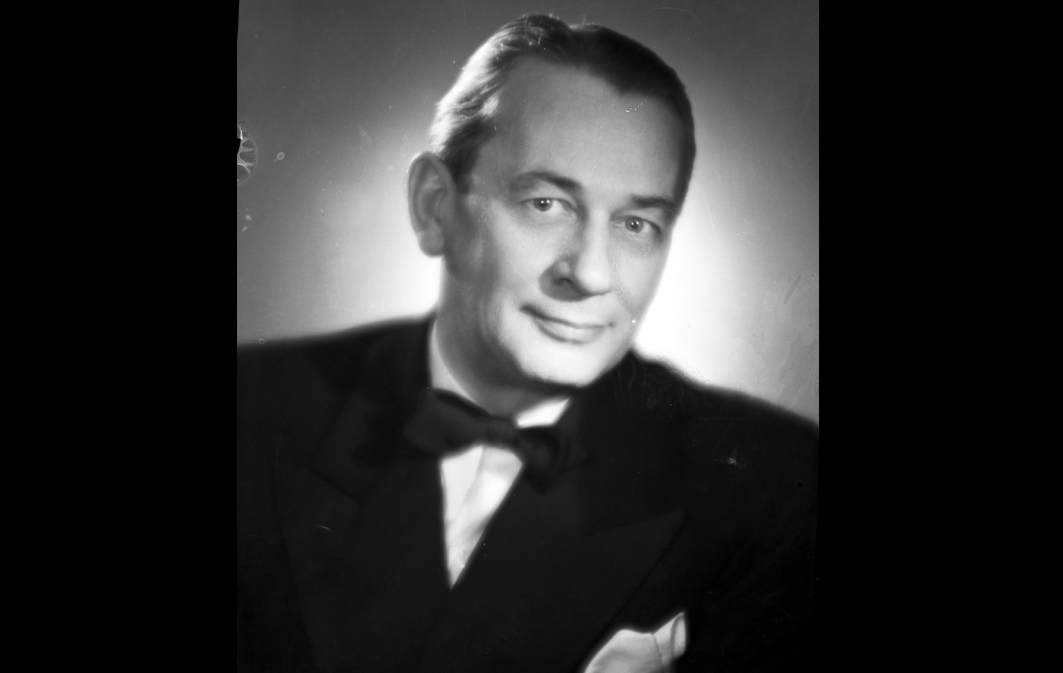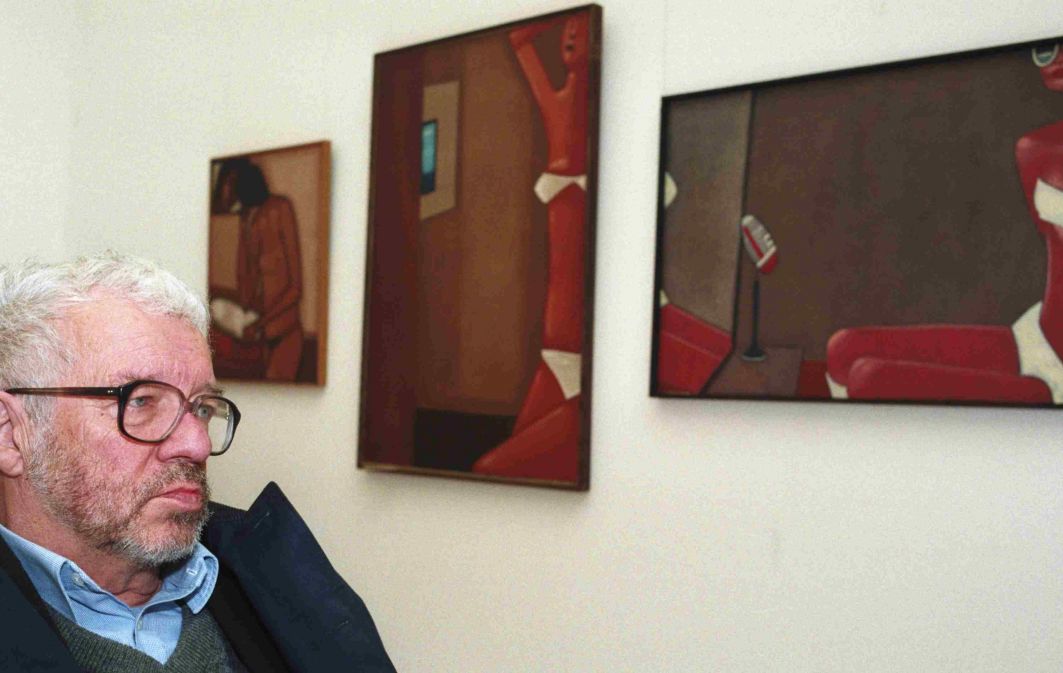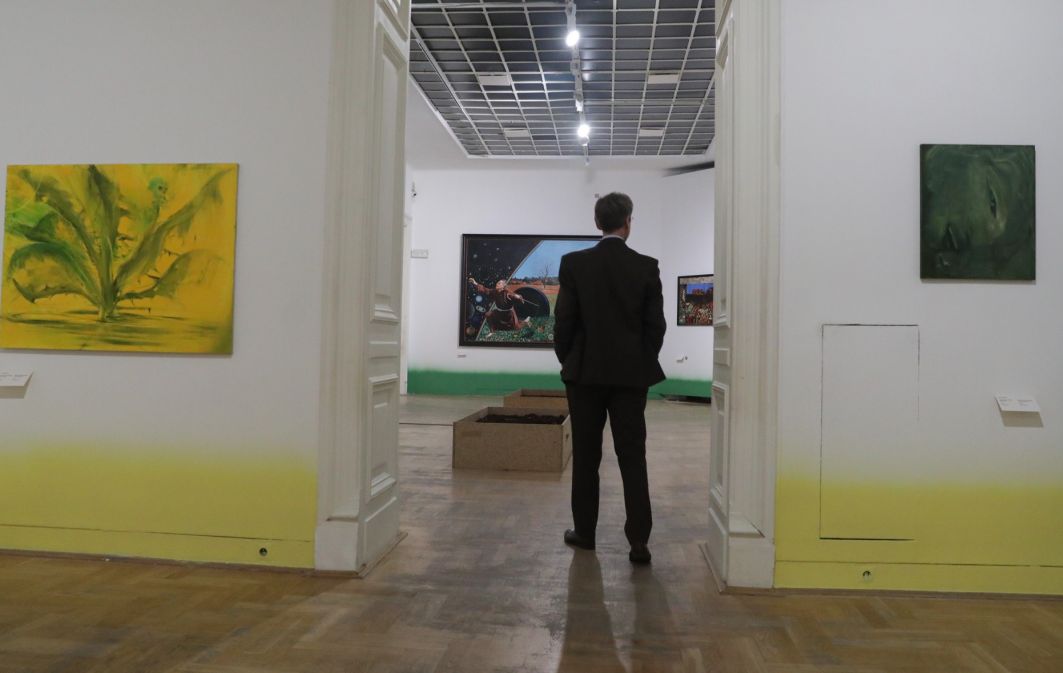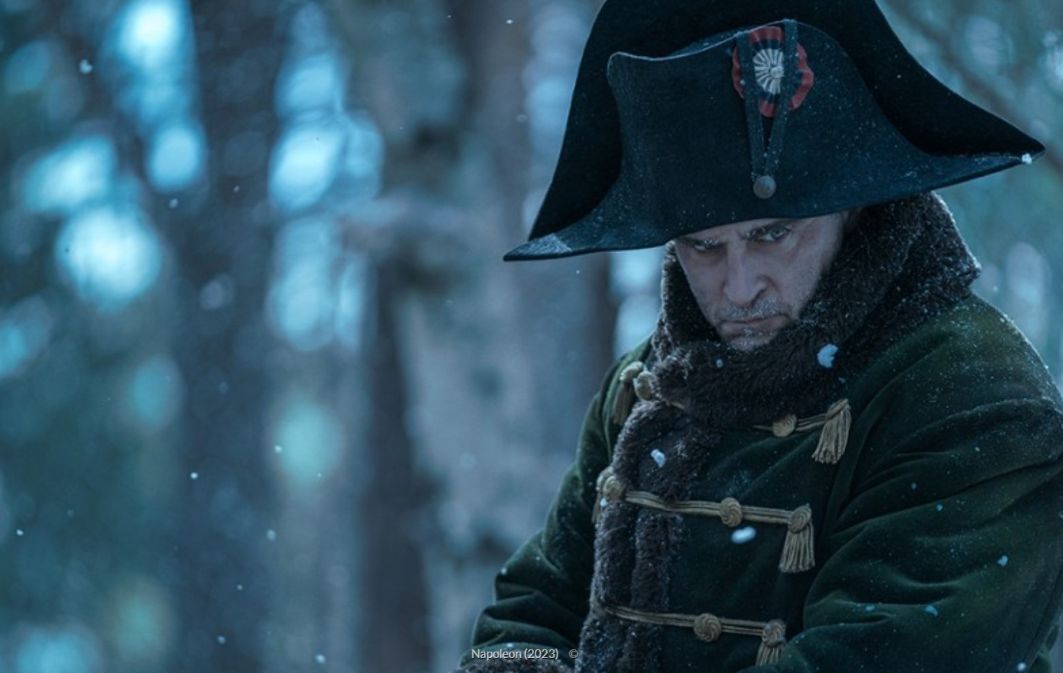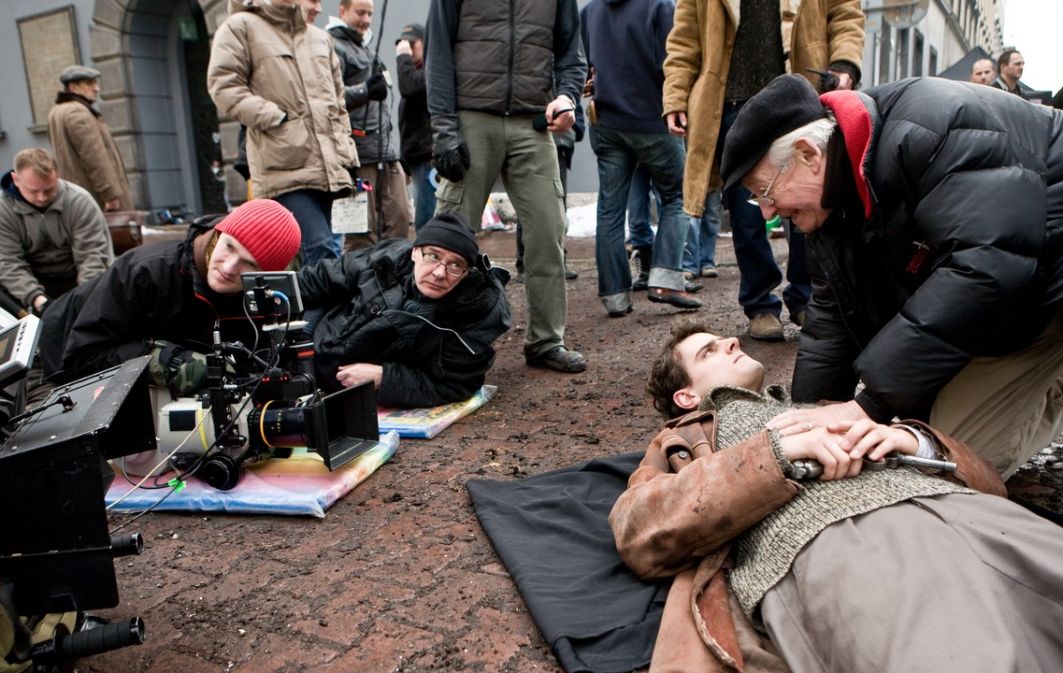It is in their early ritualistic religious considerations, not yet in Poland ( Frank came from Asia), that one can see the origins of the Franks' movement, which, by the way, leads to a sectarian morality within the sect. In turn, the lack of any freedom of conscience, the feeling that religion is a public matter, guaranteeing social order, so it must be imposed, also unites Christians and Jews.
At the same time, are the final gloomy musings of Frank's supporters to the music of Beethoven about their failure the reality or a reflection of their leader's sick soul, since he has not fulfilled his ambitions? Let me repeat: his people will blend into the Christian world, including the Polish world. The anti-Semitism of the Polish nobility was a sense of superiority, but it was not racist in nature. Tokarczuk even tracks down traces of the various ties that united the two communities despite the strict separation. This is almost absent in Zadara's version. Did it not accommodate?
But I don't think it matched the 'anti-Sienkiewicz' initial thesis either. Zadara tells us about the chagrin of a man trying to free himself from his imprisoning status. In Tokarczuk's work there is much more about the common, universal fear of followers of all religions. At several moments it also appears on the stage of the National Theatre, for example in the form of an ominous comet which is supposed to herald the end of the world. But all these premonitions are lost in the confusion, in the hustle and bustle, in the theatrical tricks.
The answer to all religions?
Ultimately, we await the writer's answer as to why she has taken us on this journey through religions. Is it just for historical tidbits, for social observations? An attempt at such an answer is made towards the end. It is uttered in the novel and on stage by Nachman, then Jakubowski, one of Frank's most fervent followers.
 SIGN UP TO OUR PAGE
SIGN UP TO OUR PAGE 
"All religions, laws, books and old customs are gone and weathered. He who reads these old books, follows these laws and customs, it is as if he still keeps his head backwards, and has to go forward. Therefore, he will stumble and fall. Because everything that was, came from the side of death. The wise man, on the other hand, will look forward, ahead, through death, which was a muslin veil, and stand on the side of life."
As a measure of doubt and various religious crises, these are interesting keywords. But is this the credo of the author herself? If it were, a postmodern cliché would emerge from the thicket of accurate observations.
At the same time, it is hard not to remember this manifesto of the uselessness of all religions. But in that case, isn't this journey a bit of wasted time? Or do these sentences encourage us to define ourselves in relation to metaphysics? But what if we have flawed, unreliable tools at our disposal?
Wysocka and Zadara have failed spectacularly. From my perspective, however, they have a merit: they encouraged me to look where I might not have wandered on my own. This is, however, a theatre of stories, not a series of banal deconstructions such as abound on contemporary theatres.
The authors probably did not fully reflect the writer's intentions. And it is also possible that they have paid attention to the limitations of the novel itself. In any case, I encourage you to read "The Books of Jacob". It is worth it, even if the response at the very end is to feel unsatisfied.
– Piotr Zaremba
TVP WEEKLY. Editorial team and journalists
– translated by Tomasz Krzyżanowski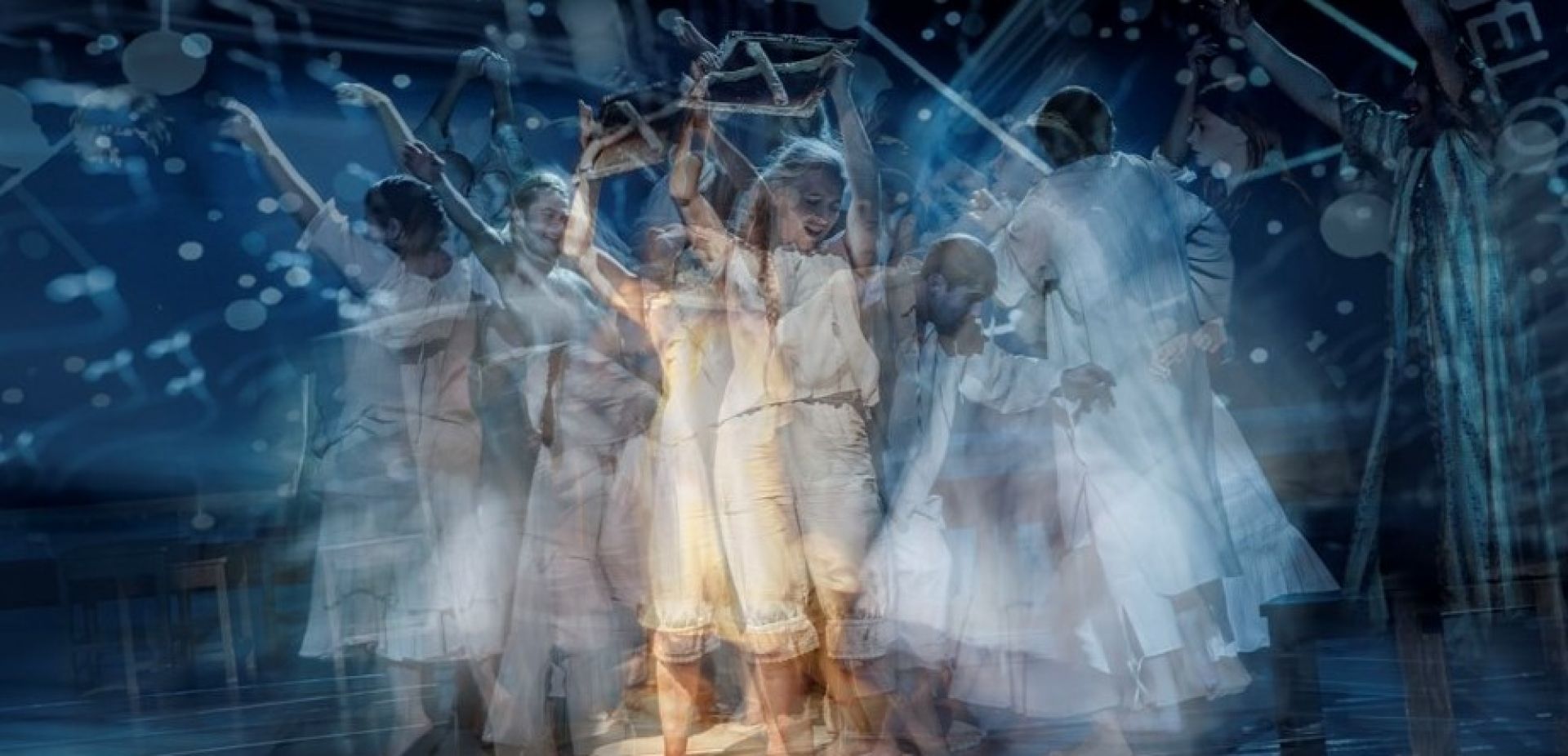
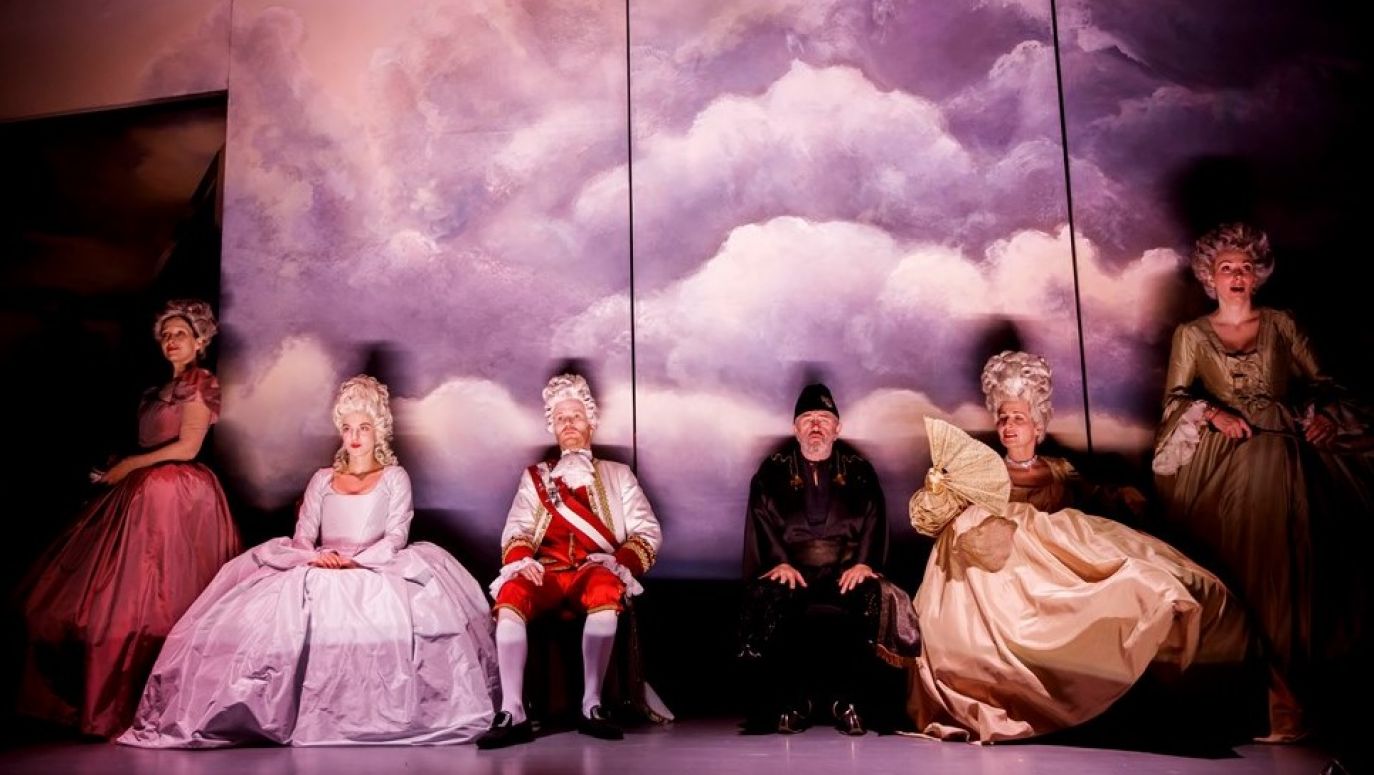
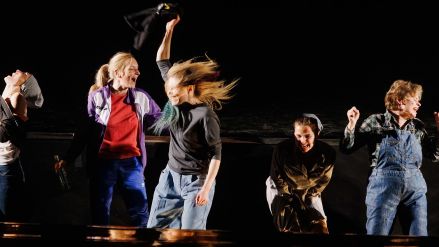
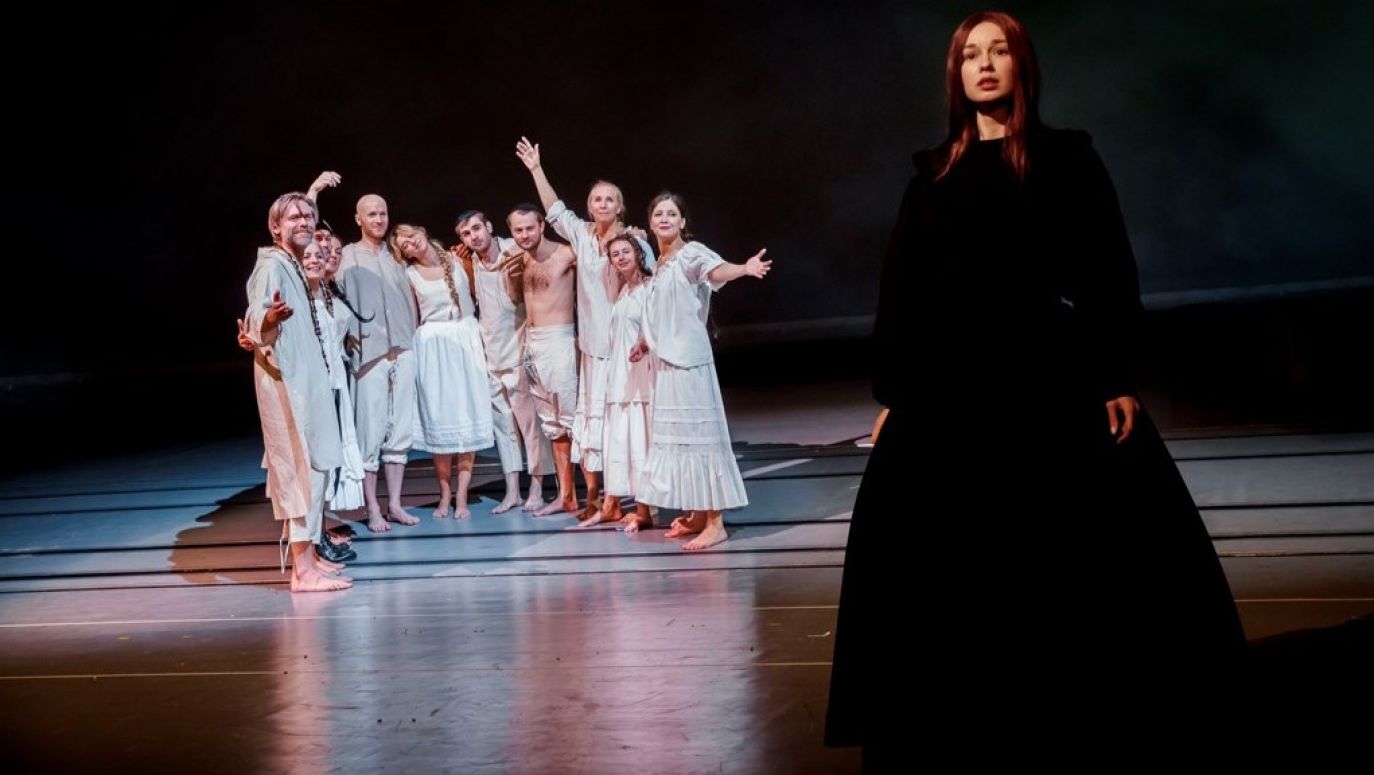
 SIGN UP TO OUR PAGE
SIGN UP TO OUR PAGE 
